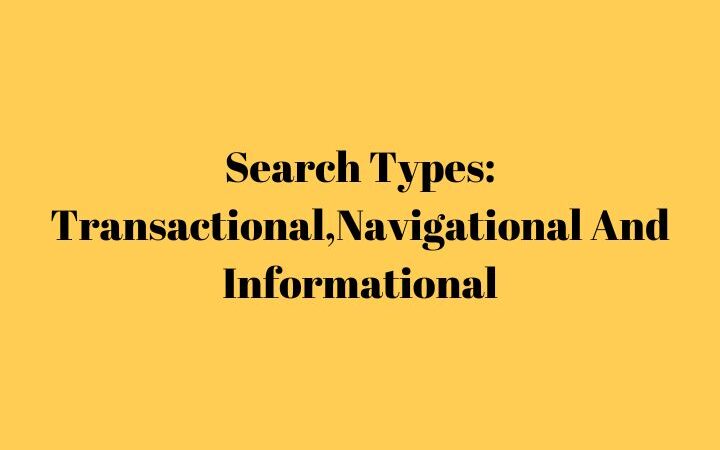All You Need To Know About Organic Leadership

Organic Leadership : There is a growing awareness of the role played by managers and senior managers in companies. Since the industrial revolution, countless studies and research have emerged on the different types of leadership that have been appearing based on the new needs of society and the economy.
And it is that, leadership is one of the essential keys for the growth, development and sustainability of organizations. Now, what is organic leadership? What makes it essential today? In the following article we will tell you what this new model is that wants to break with the current mechanistic vision.
Table of Contents
How Is Organic Leadership Different From Transformational Leadership?
We understand by organic leadership that model that breaks with the mechanistic vision starting from the vision, the values and the experience. With this comprehensive and organic view, leaders take into account the growth and development of people in their rational, affective, unconscious and supra-rational aspects.
The organic leader understands the being as an object of thought and a thinking subject, that is, in all of its human dimensions, conceiving it as part of a whole. He perceives leadership as a construction of being. We must first get to know each other and get the best out of ourselves (self-knowledge) in order to lead motivated and effective teams capable of exploiting their talent.
Relational aspects are becoming more and more important, and organizations do not escape this. There are still companies that prioritize cost reduction at any price, even if it is to the detriment of workers. This vision based on the fragmented mechanism conceives people as a mere human resource, and not as an equal capable of contributing and adding to the common project, the organization.
It is no longer only the dimension of competition that must be taken into account. The organic leader is in charge of building the company culture by putting people at the center. He must develop a strategy that creates that culture with which workers identify and feel part of the project.
Organic Leadership VS Transformational Leadership
Transformational leadership is a type of organizational behavior that also puts people at the center, although this type of leadership is less spiritual than organic.
It is made up of areas of influence with which transformational leaders generate transcendental changes in the members of the companies, either in their attitudes or in their ideas. With this, it fosters commitment to the company’s objectives and strategies.
In other words, the transformational leader promotes the awareness of his workers, seen as followers, to change the status quo through a shared vision.
Its power of influence is based on the capacity for charisma, admiration, respect and trust that it generates through behavior based on ethical and moral principles.
This is one of the leadership styles that conceives learning as a source of adaptation, flexibility and transformation. A transformational leader is constantly updating knowledge and skills. In addition, he develops his emotional intelligence to improve relationships with his followers through empathy, trust and motivation with which to achieve the vision and organizational objectives.
What Should I Study To Know How To Lead A Work Team?
Leadership styles have evolved, but their role has always been the same: to mark where the company should go and how to move from that vision to practice.
There are many types of business leadership , but not all prepare managers in the same way when it comes to knowing how to lead a work team .
Although many of the managerial skills are inherent or have been learned unconsciously, the reality is that to be a good leader it is necessary to train a series of managerial skills such as emotional intelligence, which is increasingly decisive in the organizational management of companies.
What Techniques Do You Use For Team Leadership?
Organic leadership places the human being and his power of transformation at the center, and it is from this premise that he starts when leading teams.
Among the working models, the 5C model stands out:
- Complementarity : each member of the team is specialized in a specific field of the project, so each effort adds to the total.
- Coordination : organization and cooperation is essential for the project to prosper. Although the leader is ultimately responsible, the group of professionals must also fulfill their role to achieve the common goal.
- Communication : as in everything, communication is one of the key elements for everything to work. There must be open communication between all team members to coordinate all actions.
- Confidence: within the work team, all members must put the group’s success before their own. All members must trust each other, since only in this way will the common goal be achieved.
- Commitment : each member gives the best of himself, putting all his efforts to join the team.
In addition to this model, the organic leader must promote the development and empowerment of their collaborators, in order to manage High Performance teams. This can only be achieved by aligning individual and collective commitment with the values of the team and, therefore, of the organization.
Also Read : Growth Marketing






